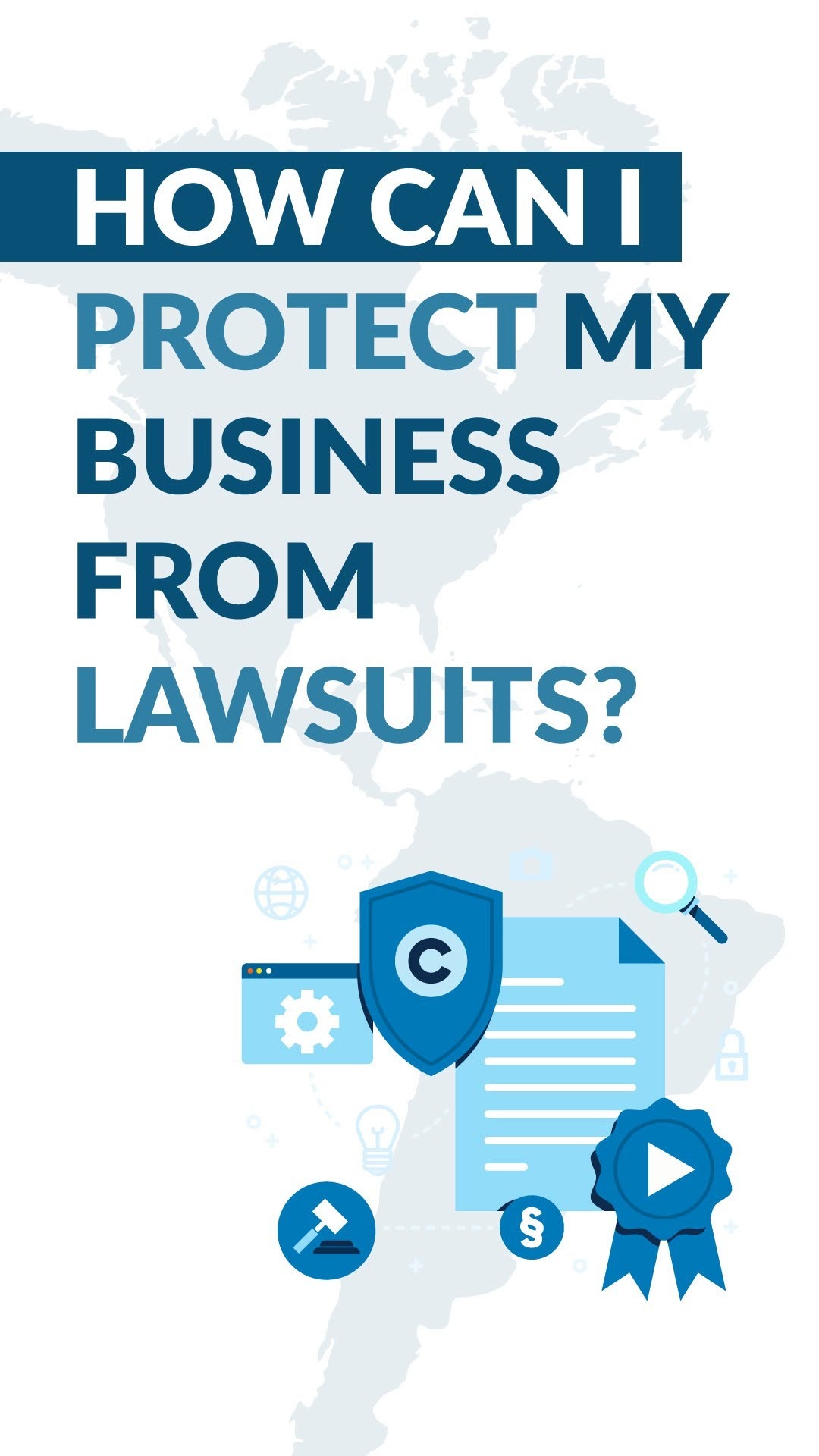

Since 2010, the Global Law Experts annual awards have been celebrating excellence, innovation and performance across the legal communities from around the world.
posted 2 years ago
The legal structures that are employed in Single Family Offices (SFOs) and Multi-Family Offices (MFOs) are central to how they function and serve the families they represent.
These structures are not universally applicable and come with their unique advantages and disadvantages.
Understanding these nuances is essential for family offices to align legal configurations with their mission, needs, and regulatory requirements.
1. Private Trust Company (PTC)
– Pros: Offers flexibility, control, and confidentiality. Facilitates centralized governance.
– Cons: Complex to establish, potentially high operational costs, and regulatory scrutiny.
2. Limited Liability Company (LLC)
– Pros: Legal protection, flexible management, potential tax benefits.
– Cons: Potential conflicts among members, varying state regulations, and possible complexities in ownership structure.
3. Partnership
– Pros: Ease of formation, flexibility in management, potential tax advantages.
– Cons: Unlimited liability for general partners, possible disagreements among partners.
4. Corporation
– Pros: Limited liability, potential for equity financing, recognizable structure.
– Cons: Double taxation, potential complexity in governance, formalities in operations.
1. Limited Liability Partnership (LLP)
– Pros: Limited liability for limited partners, flexibility in management, clarity in ownership.
– Cons: Unlimited liability for general partners, possible conflicts among partners.
2. Joint Venture
– Pros: Shared risks and rewards, access to additional resources, potential synergies with other families.
– Cons: Complexity in governance, potential conflicts among families, shared liabilities.
3. Holding Company
– Pros: Consolidation of assets, potential tax benefits, centralized control.
– Cons: Complexity in structure, potential legal liabilities, possible lack of flexibility.
4. Investment Fund Structure
– Pros: Scalability, diversification of investments, clear legal framework.
– Cons: Regulatory complexities, potential conflicts among investors, less direct control over investments.
1. Family Goals and Needs: Aligning the legal structure with the family’s specific objectives, values, and preferences is fundamental.
2. Regulatory Requirements: The regulatory environment, including tax laws, securities regulations, and other legal norms, varies across jurisdictions and must be taken into account.
3. Risk Tolerance: Different legal structures expose the family and the office to varying levels of liability and risk. An understanding of the family’s risk tolerance is vital.
4. Operational Complexity: The complexity involved in establishing, managing, and maintaining the chosen legal structure must align with the family office’s capabilities.
5. Cost Considerations: Initial setup costs, ongoing operational costs, and potential tax implications must be carefully weighed against the benefits of the chosen structure.
6. Scalability and Flexibility: Future growth, adaptability to changing circumstances, and potential collaboration with other families (especially in MFOs) must be considered.
Selecting the most appropriate legal structure requires a deep understanding of the complex interplay between legal, financial, operational, and familial considerations.
Engaging with experienced legal counsel, tax advisors, and other professionals who specialize in family office structures can be invaluable.
The choice of a legal structure in both SFOs and MFOs is far from a one-size-fits-all decision.
It involves a delicate balancing act of legal compliance, risk management, operational considerations, and alignment with the family’s long-term vision and values.
While each structure offers unique benefits and drawbacks, careful analysis, planning, and professional guidance can help in crafting a legal framework that serves the family’s needs with integrity, efficiency, and resilience.
The decision-making process becomes a strategic endeavor, reflective of the family office’s ethos and its commitment to stewarding the family’s wealth and legacy with foresight, prudence, and adaptability.
For more in-depth information you can consult my latest book «The Global Manual for Family Offices», Volume 1, Chapter 2.2.4, Pg. 85.
http://amazon.com/author/fulvio-graziotto
Get the latest legal news and updates at Global Law Experts
Author
No results available
posted 11 hours ago
posted 2 days ago
posted 2 days ago
posted 4 days ago
posted 4 days ago
No results available
Find the right Legal Expert for your business
Global Law Experts is dedicated to providing exceptional legal services to clients around the world. With a vast network of highly skilled and experienced lawyers, we are committed to delivering innovative and tailored solutions to meet the diverse needs of our clients in various jurisdictions.

When your international business faces financial distress, quick action is key! 🔑 Negotiating with creditors, restructuring debt, and understanding insolvency laws can help regain stability. Global Law Experts is here to guide you through your options.
🌍Explore the details on our website.
🔗Link in bio
#GlobalLawExperts #CommercialLaw #BusinessLaw #LegalAdvice #BusinessGrowth #LegalTips #BusinessStrategy #LegalCompliance #Law #LegalKnowledge #LegalAwareness #Law101 #LegalEducation #IntellectualProperty

Running a business is hard enough — lawsuits shouldn’t make it harder. 🚫 Protect your business with the right legal strategies and expert tools from Global Law Experts. Let’s secure your future together! 💼
🌍Explore the details on our website.
➡️www.globallawexperts.com
#GlobalLawExperts #CommercialLaw #BusinessLaw #LegalAdvice #BusinessGrowth #LegalTips #BusinessStrategy #LegalCompliance #Law #LegalKnowledge #LegalAwareness #Law101 #LegalEducation #IntellectualProperty #Infringed #Ecommerce #LegalBranding

Using NRIC numbers as passwords or identity proof? That era is done. Strengthen your security with multi-factor authentication and biometrics—because your clients' trust depends on it.
#SingaporeLaw #DataPrivacy #CyberSecurity #PDPA #NRIC #MFA #StrongAuthentication #LegalCompliance #ClientTrust

Swiss law protects secured lenders—with precision. From real estate to IP and bank accounts, every asset counts—just as long as it’s defined, documented, and delivered.
#SwissLaw #SecurityInterest #Collateral #InternationalLending #SwissFinance #LegalCompliance #GlobalBusiness #AssetSecurity

Gold trading in Saudi Arabia isn’t just a business—it’s a lab test, a permit, and a legal tightrope. Want to succeed? Start with compliance, hallmarking, and permits—or risk losing it all.
#GoldTrading #SaudiLaw #PreciousMetals #BusinessSetup #LegalCompliance #GlobalBusiness #SaudiArabia #TradeRigour

Second citizenship isn’t permanent—especially if you break the rules. Know the risks and how to safeguard your status: be transparent, stay lawful, and honour all citizenship requirements.
#SecondCitizenship #CitizenshipRisks #DualNationality #Compliance #GlobalMobility #LegalAdvice #ImmigrationLaw

Send welcome message